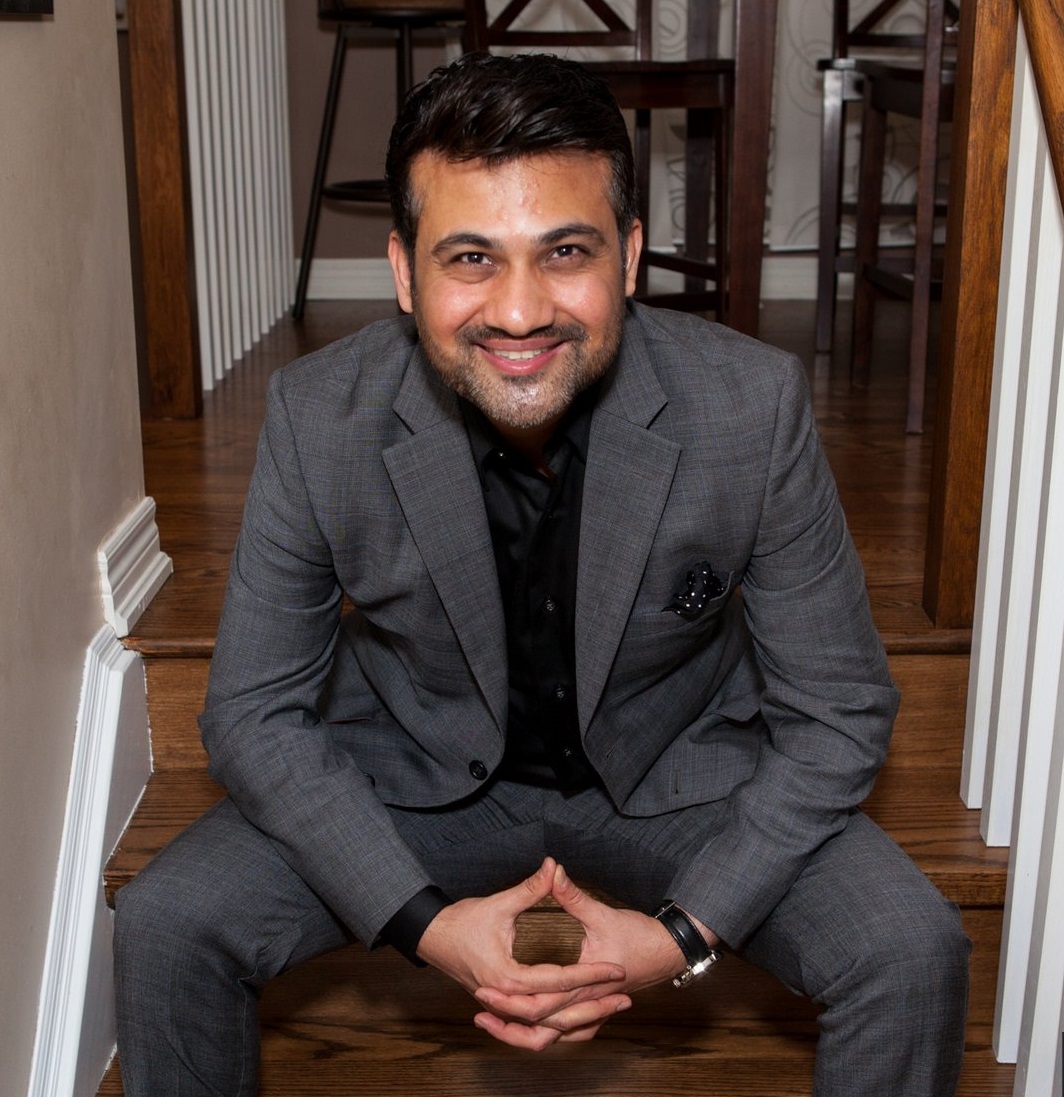I have often found myself looking at hoards of groggy-eyed men and women on the early morning train to downtown Toronto and wondered to myself why we have put ourselves in such a terrible mess. The sad reality of our times is that we have begun to accept sleep deprivation as the norm rather than the exception. Some of us even take pride in being so “busy” that most days of the week we do not have time to pull an all-nighter.
In his latest book Why We Sleep, leading sleep scientist Professor Matthew Walker, Director of University of California Berkeley’s Sleep and Neuroimaging Lab, has provided glaring evidence of why adequate sleep is crucial for the healthy functioning of our brain. Sleep, according to Walker, has transformative powers to change our lives for the better. Yet its importance is exceedingly undermined in modern times, resulting in every major disease in the developed world. Research shows that Alzheimer’s, cancer, obesity, and diabetes all have very strong causal links to sleep deficiency.
In this lecture, Walker demonstrated how prolonged lack of sleep causes damage to certain parts of brain and affects learning and memory. Human ability to learn and retain knowledge is highly dependent of the brain’s memory function. Research shows that getting a comfortable sleep after learning is akin to hitting the save button on the computer which permanently imprints the new information in the brain. Sleep deprivation, on the other hand, shuts down your memory inbox and you are unable to receive any new files, affecting your learning and hence productivity.
Perhaps the most groundbreaking result of the research is to show the connection between sleep and longevity. Not that the scientific community had been sleeping on this crucial link between sleep and human lifespan, but “compared to the other basic drives in life – eating, drinking, and reproducing – the purpose of sleep remained elusive” as Walker points out.
Over the long run, the health risks of not catching enough Z’s are alarmingly similar to consuming harmful substances in large quantities. Yet, we do not raise a brow when we see a friend or colleague yawning in middle of a meeting. We do not see road signs saying “do not sleep while driving;” at least not as often as we see “do not drink and drive.” We whine about not getting enough exercise or not having the time to improve our dietary habits, yet we do not notice the effects of sleep deprivation on our health—mental as well as physical. Poor diet and lack of exercise are the usual suspects while lack of sleep gets away every time with an unconvincing alibi. Ironically, by trying to manage only those two aspects of our sleepless lives, we except to recoup our energies like a magical panacea. We play it cool. We let it roll. The truth is we are betting against the odds.
Coming back to science, more than 20 large scale epidemiological studies all report the same clear relationship: the shorter your sleep, the shorter your life. For example, in one research study adults aged 45 years or older who slept less than six hours a night were 200% more likely to have a heart attack or stroke in their lifetime compared to participants who slept seven or eight hours a night. Interestingly enough, in another study sleep deprivation has been linked with increased risk of weight gain, Alzheimer’s, and relapses in addiction disorders. On a basic level, lack of sleep also lowered participants’ immune systems. “I’m not going to say that the obesity crisis is caused by the sleep-loss epidemic alone,” says Walker. “It’s not. However, processed food and sedentary lifestyles do not adequately explain its rise. Something is missing. It’s now clear that sleep is that third ingredient.”
Walker admits that he is nowhere close to solving the real mystery of sleep—dreams. When it comes to dreams, Walker says “I would still like to know where we go, psychologically and physiologically, when we dream. Dreaming is the second state of human consciousness, and we have only scratched the surface so far. But I would also like to find out when sleep emerged. I like to posit a ridiculous theory, which is: perhaps sleep did not evolve. Perhaps it was the thing from which wakefulness emerged.” He laughs. “If I could have some kind of medical Tardis and go back in time to look at that, well, I would sleep better at night.”
© Majid Kazmi 2017
Majid Kazmi is an entrepreneur, community leader and board member based in Toronto. He is a Partner & Co-founder at uGen Group (www.ugen.ca), and the Co-Founder & CEO of Valu Ventures Inc. (www.valuventures.ca). He is a former Board Member at Toronto Workforce Innovation Group and H2O4ALL. Kazmi tweets as @MajidKazmi1. Click here to see his personal website.


